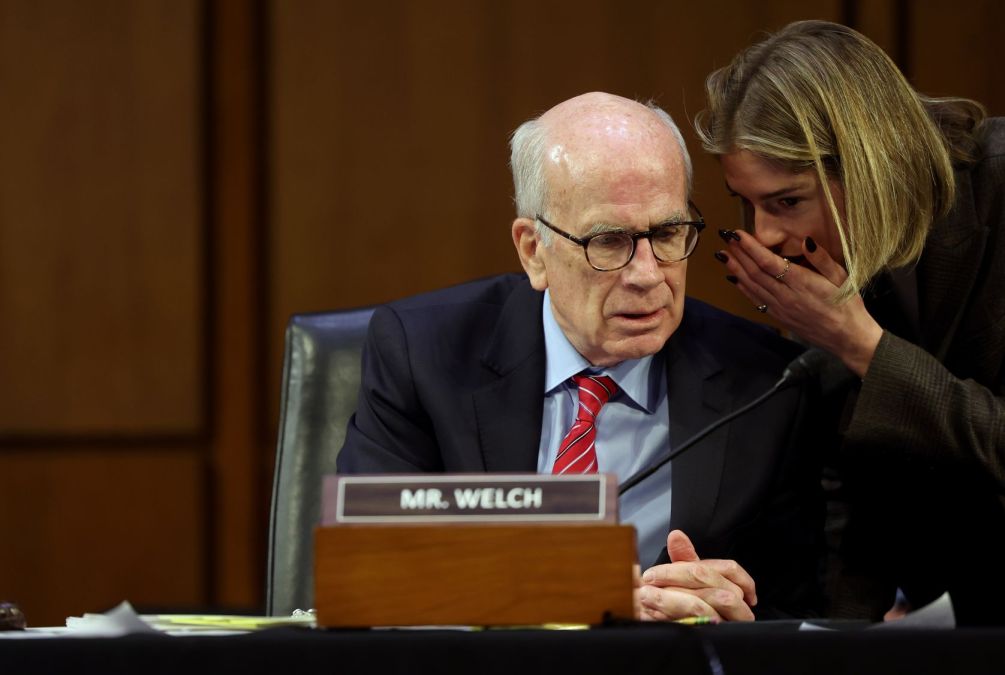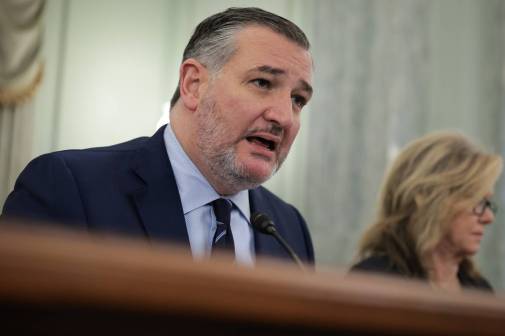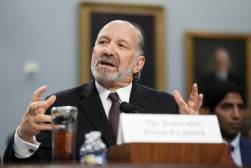Senator coalition joins ask for eased BEAD requirements

Piggybacking on requests made by internet service providers earlier this year, a bipartisan group of U.S. senators sent a letter to federal telecommunications officials on Tuesday asking for relaxed financial requirements under the $42.5 billion Broadband, Equity, Accessibility and Deployment grant program.
In a letter addressed to Commerce Secretary Gina Raimondo and Alan Davidson, head of the National Telecommunications and Information Administration, which is administering the BEAD program, a group of 14 senators led by Peter Welch (D-Vt.) warned that failure to provide ISPs with alternative financial options to participate in the BEAD program could stunt the nationwide broadband rollout. The senators asked the federal agencies to provide alternatives to the 25% irrevocable letter of credit requirement that companies must provide if they wish to be eligible for grant funding.
The Federal Communications Commission’s $20 billion Rural Digital Opportunity Fund, by comparison, which provides companies with up-front grant funding, required letters of credit totaling 10% of one-year funding amounts. (With some exceptions, the BEAD program also requires a 25% match, which can be paid by a local government, utility provider, nonprofit or other non-federal organization.)
“The LOC requirement has the potential to prevent the Internet service providers best positioned to connect unserved and underserved Americans from participating in the BEAD program,” the letter read. “This requirement presents a challenge for ISPs, especially many new and small ISPs that are unlikely to have the acceptable forms of collateral needed to support the LOC.”
The senators wrote that grant awardees would be forced to hold “significant capital reserves” — upwards of 60% of their grant awards — during the multiyear projects, limiting the number of total BEAD projects that can be performed.
“Additionally, these capital barriers could exclude many entities that the program aims to support, such as small and community-centered ISPs, minority-and-women-owned ISPs, nonprofit organizations, and municipalities,” the letter read. “Indeed, the requirement could be a barrier to entry for many public broadband entities attempting to access the BEAD program, due to laws preventing municipalities from obtaining a LOC.”
The senators pointed to parental guarantees and performance bonds, commonly used in construction projects, as two possible alternatives to the letters of credit currently required.
In a statement emailed to StateScoop, an NTIA spokesperson was noncomittal.
“We appreciate these advocates raising their concerns and suggestions,” the statement reads. “Our goal is to connect everyone in America with affordable, reliable high-speed Internet service while being good stewards of taxpayer dollars. We want to encourage robust participation from service providers of all types, and we require states to ensure that grant recipients can build a high-quality network and operate it for years to come. We will continue to monitor and, as our program rules suggest, we will work with states and territories to help them meet both objectives.”
The senators’ request follows a similar letter penned last week by a group of six regional ISPs who warned that not providing alternatives could force them to “divert funds from ongoing network deployment or not participate in the BEAD program at all.” A group of nearly 50 small and rural ISPs, along with groups such as the Wireless Internet Service Providers Association and Communications Workers of America, made the same ask in early September.
The NTIA did not respond to requests for comment.
The Biden administration announced BEAD funding allocations this past June. Texas received the most — more than $3.3 billion, followed by California at $1.9 billion and Missouri at $1.7 billion. Nineteen states were each awarded more than $1 billion.
Funding was largely informed by the FCC’s broadband coverage map, which highlights the millions of locations that remain without access.






